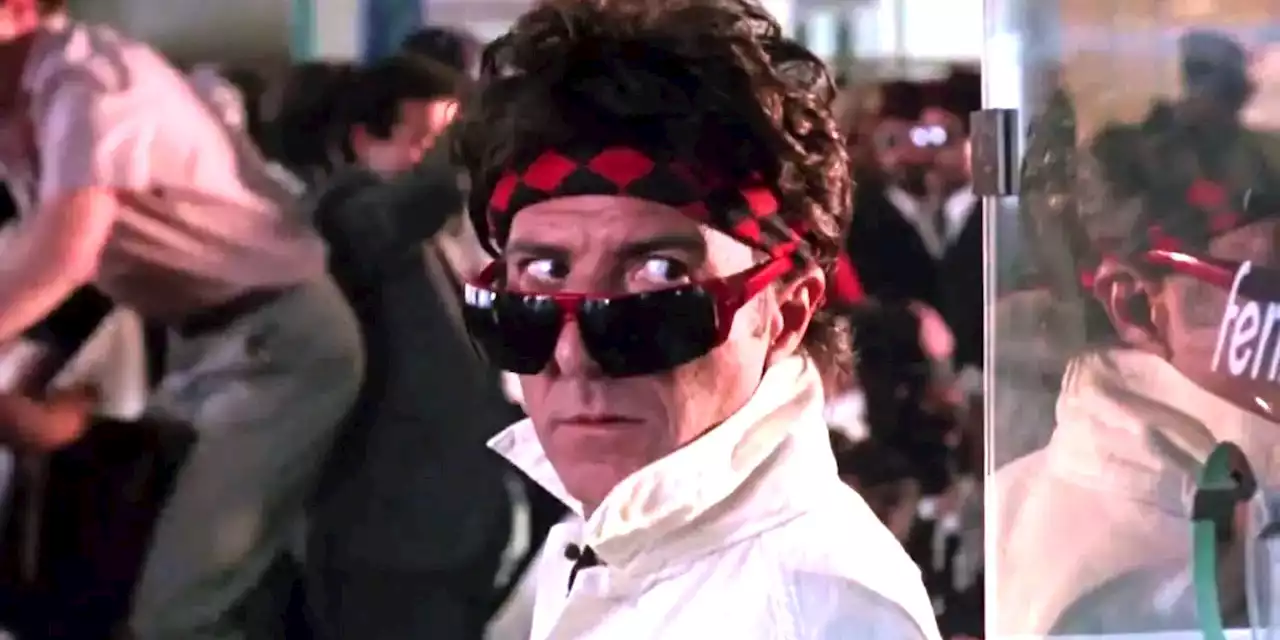Elaine May's undeservedly maligned '80s comedy 'Ishtar' gave us a rare critique of the patriarchal system.
Thirty-five years ago to the day saw the release of Ishtar, a blockbuster of big-budget proportions led by two Academy Award-winners in Warren Beatty and Dustin Hoffman and Academy Award-nominated writer-director Elaine May. The film flopped at the box office and became infamous as a Hollywood disaster both financially and critically.
However, many of these qualities are what make Ishtar stand out from the rest. It’s more than just its offbeat, discomforting humor and clever observational jokes. May, who made a name for herself writing and directing unflinchingly cynical comedies in the ‘70s, faced a different landscape in the following decade.
May cast her two leads against their professional reputations. As a male sex symbol, Warren Beatty often acted with enough charisma to take over an entire movie. However, in Ishtar he plays Rogers as both dimwitted and unconfident. He doesn’t know how to talk to women or go on dates and spends most of the beginning of the film in the shadow of Hoffman’s Clarke.
The same disparity between the lounge singers’ beliefs and their actual musical talent exists between the CIA’s claims of American ideals of democracy and freedom and their support of the dictatorial emir of Ishtar. May again derives humor from this but also raises questions on how this same idea of masculinity affects America’s actions on the global stage. May posits that this attitude makes aggressive interventionist foreign policy an inevitability.
